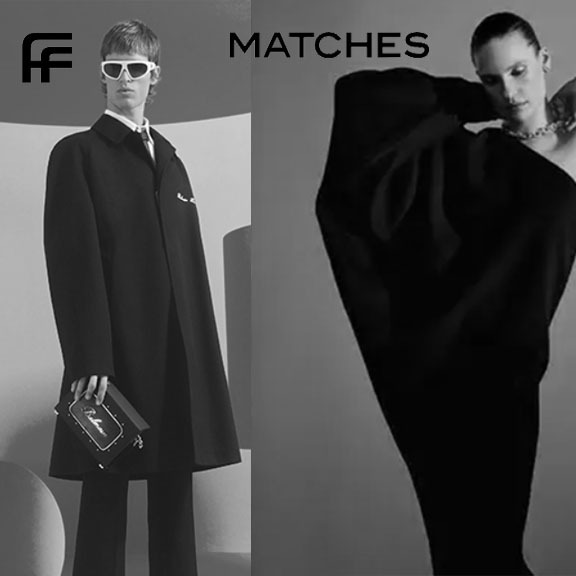Over the past twenty years fast fashion has spurred unbridled consumerism, with disastrous consequences for the environment and human rights. In this time period, companies like Sweden’s H&M and Spain’s Zara have gone from middle-size purveyors of inexpensive clothing to juggernauts that operate thousands of stores across the world. In the last ten years they have been joined by new entrants such as UK’s BooHoo, America’s Fashion Nova, and most notably the Chinese giant Shein, which has undergone explosive growth in the past few years. All efforts to stop them have failed. It is now time for governments to step in and regulate fast fashion the way it has regulated Big Tobacco and the automotive industry.
By pumping out vast amounts of clothing in countries where labor laws are lightly regulated, fast fashion companies have become some of the worst offenders when it comes to sustainability and ethical labor practices. Shein is a particularly egregious example because its operations are centered in China, which allows it to keep its manufacturing practices completely opaque and away from the eyes of Western regulatory agencies.
Meanwhile, on the consumer end, the amount of textile waste generated by the developed world has reached truly staggering amounts. According to the United States Environmental Protection Agency, in 2018 Americans discarded 17 million tons of textiles, most of which came in the form of trashed garments.
Much hand-wringing has been done to lament this sad state of affairs, and much blame has been put on the companies themselves. Fast fashion firms have enabled the shift in consumer mentality that has turned clothes-shopping into an addictive form of entertainment, making disposability the norm. Some of the blame should also fall on fast fashion consumers who treat shopping as a competitive sport, buying and discarding clothes at a historically unprecedented rate. According to a 2019 report by the UN Alliance for Sustainable Fashion, “The average consumer buys 60 percent more pieces of clothing than 15 years ago. Each item is only kept for half as long.”










